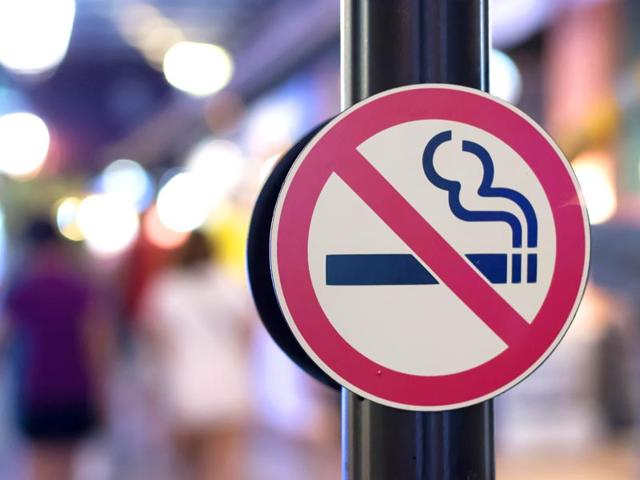Ratification of WHO protocol a must to stop illicit tobacco trade
All member states need to speed up their process of ratifying or acceding to the protocol. Ratification of the protocol is necessary to respond to the financial, legal and health impacts of the illicit trade in tobacco products.
Every tenth cigarette consumed globally is part of the illicit tobacco trade. While the smuggling of contraband tobacco products across national borders has always been profitable, the illegal tobacco trade is now the trademark for organised crime networks, which may also be involved in drugs, human and arms trafficking, as well as terrorism.

Cigarettes are becoming a preferred item to smuggle because it’s easy and unlike smuggling narcotics, punishment for smuggling tobacco is less severe.
The tobacco industry claims that high taxes drive smuggling. It also lobbies governments to keep tobacco taxes low. However, experience from many countries shows that there is no direct correlation between high taxes and smuggling.
Globally, tobacco kills nearly 6 million people each year. Unless we act now, the epidemic will kill over 8 million people every year by 2030. More than 80% of these preventable deaths would occur in low- and middle-income countries.
Countries are constantly defining ways to curb tobacco consumption. Tax and price policies are widely recognised as most effective for reducing demand for and consumption of tobacco products. These measures, together with strong pictorial warnings, have brought substantial health care gains.
Illicit trade also causes substantial losses in government revenues, depriving the health sector of additional finances. Besides that, this type of illegal trade further weakens good governance.
In a bid to respond to growing illegal trade in tobacco products, The Protocol to Eliminate Illicit Trade in Tobacco Products was developed. This international treaty was negotiated by the parties to the WHO Framework Convention on Tobacco Control (FCTC), and was adopted by them in November 2012.
The protocol is an international treaty with the specific goal of eliminating all forms of illicit trade in tobacco products. The protocol will become international law only after 40 countries have ratified or acceded to it. Once the law is in force, it will enable the protocol to establish a global tracking and tracing regime. It will also create provisions to ensure control of the supply chain including licensing, record-keeping and regulation of Internet sales, duty-free sales and international transit. Importantly, it will allow countries to strengthen their own laws to tackle related issues.
In the South-East Asian region, many countries have porous borders, which provide easy opportunity for the smuggling of tobacco products. All South-East Asian countries have enacted stringent laws to control tobacco consumption and despite these efforts, there is still a thriving trade in smuggled tobacco products.
Although illicit trade in tobacco products has a high importance for public health, the national economy and national security, the role of health ministries is minimal in curbing this menace. The main action lies outside the health sector, with the departments in charge of customs, police, revenue, trade and intelligence. All member states need to speed up their process of ratifying or acceding to the protocol. Ratification of the protocol is necessary to respond to the financial, legal and health impacts of the illicit trade in tobacco products.
Poonam Khetrapal Singh is regional director, South-East Asia region, WHO
The views expressed are personal





